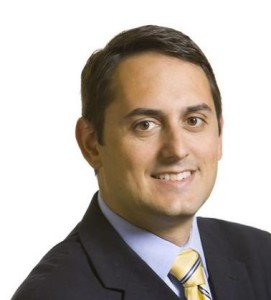 The Right Note is a weekly opinion column. The views and opinions expressed in the column are those of the author and do not necessarily reflect the views of ARLnow.com.
The Right Note is a weekly opinion column. The views and opinions expressed in the column are those of the author and do not necessarily reflect the views of ARLnow.com.
Arlington County started its annual ramp up to raise your taxes by saying there could be a $10 to 13 million “funding gap.”
This could be called a “lie.” Lie is certainly a strong word. After years of using nicer words to describe a process with a singular goal of making you feel OK about sending Arlington more of your money, you have to wonder whether this three letter word would give anyone even a moment’s pause.
It’s not that County Manager Mark Schwartz can’t hand you a spreadsheet that shows a negative balance. It’s that Arlington always takes in more revenue than the county projects in its budget. Always.
And Arlington never spends everything it projects to spend in its budget. Never.
What do County officials do with the millions of dollars in excess? They put it into a slush fund to spend at the end of the year in the closeout process – just like they did last year, and the year before that, and the year before that.
But let’s assume for a moment the funding gap is real.
This year taxpayers have sent in $15.6 million in excess tax revenue. County staff is talking about $11.1 million, but that’s after sending $4.5 million of the excess taxes to the schools. It does not take a math major to figure out that applying this surplus to next year’s budget wipes out the “funding gap,” with or without the revenue that is heading to the schools.
And it’s not just the County budget that has a slush fund. The schools did not spend $13.6 million of their budget either, but they are still being given $4.5 million of the surplus revenue as well as an additional $6 million appropriations. Added together, school officials have $24.2 million more to spend outside of their annual budget process. No funding gap here either.
What does all of this mean? There is no funding gap. There is never a funding gap. There is a willingness to act in a fiscally irresponsible manner, and to make taxpayers feel obligated to help them do it.

